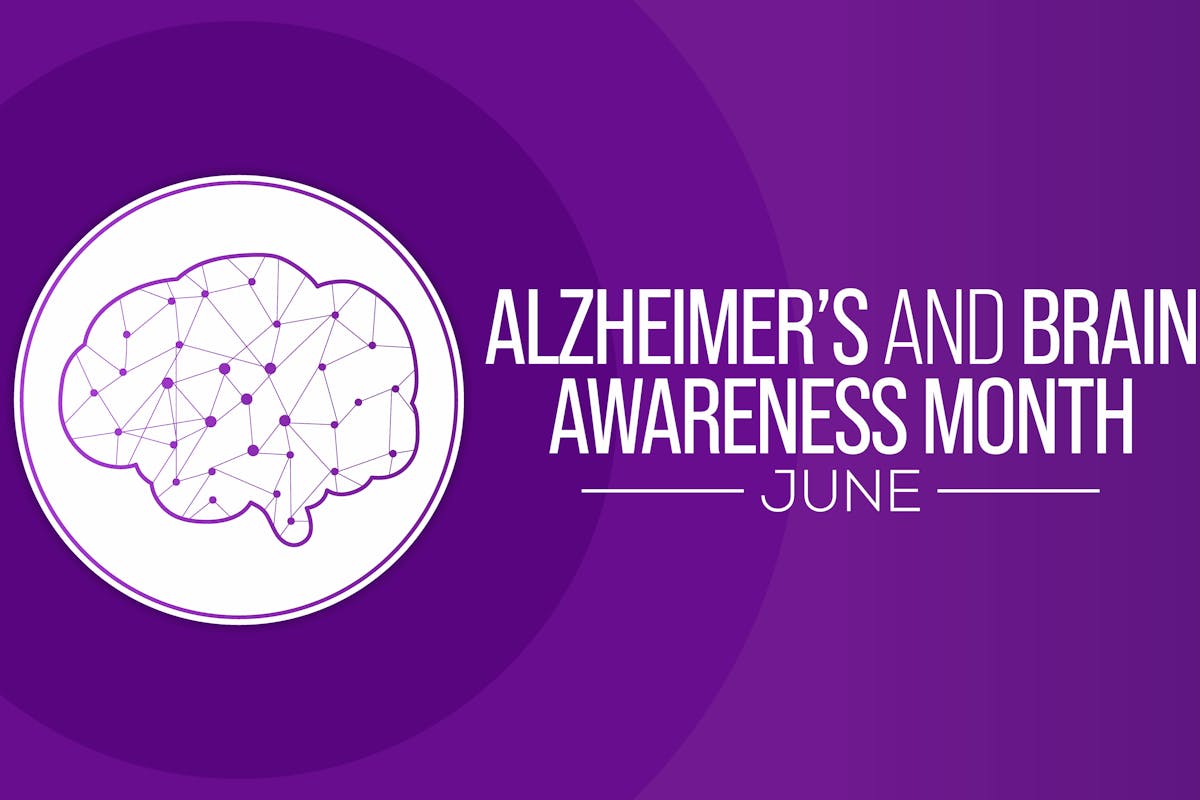Fighting the Stigma of Alzheimer’s with Positive Language

Researchers say about 6 million older adults in the United States have Alzheimer’s. Over the next three decades, estimates show that number is likely to more than double to 13 million. For people touched by Alzheimer’s, whether they are seniors living with the disease or the people who love them, finding ways to protect their dignity and promote self-esteem is essential.
Language is powerful. Word choice matters. We may not realize it, but the words and phrases we use impact how people with Alzheimer’s feel about themselves. And they can also add to the stress Alzheimer’s caregivers feel about their situation.
Negative word choices can perpetuate some of the most damaging stigmas associated with Alzheimer’s. One popular misconception, for example, is that people with the disease are scary. That they act aggressively and inappropriately. When people use words that emphasize the struggles caused by the disease and don’t speak of the senior as a person, the older adult can feel demeaned and insignificant.
By learning how to avoid negative word choices and use positive ones, we can all help effect change. Here are a few tips to help you do that.
Negative Words to Avoid When a Senior Has Alzheimer’s
Let’s begin by spotlighting some of the negative words and labels that can reinforce stigmas about Alzheimer’s disease:
- Saying someone with Alzheimer’s is “afflicted” or “demented”
- Referring to the person with Alzheimer’s as a “patient,” instead of a “person,” when they aren’t hospitalized
- Using phrases like “being difficult” or “acting violent” when a senior is simply exhibiting behaviors typical of this disease
- Calling caregiving tasks by demeaning names, such as saying you are “feeding” a person with Alzheimer’s instead of supporting their dining needs
- Reinforcing negative labels like “Alzheimer’s senior” in place of saying “a senior with Alzheimer’s”
Tips to Avoid Stigmatizing Adults with Alzheimer’s
Our first suggestion is to remember to see the older adult as a person, and not a disease, and to encourage other loved ones to do the same. When you are conscious of how a person with Alzheimer’s might feel about the language you use, it becomes easier to make positive word choices.
These tips will be useful for keeping language positive:
- Use person-first language: When referring to a loved one with Alzheimer’s, try to put the person first, ahead of the disease. Use phrases like “a family member with Alzheimer’s” or “senior who has Alzheimer’s.” Don’t label them by saying “Alzheimer’s family member” or “Alzheimer’s senior.”
- Refer to behaviors: If you are trying to explain changes in a senior that are caused by the disease and the impact it has on the brain, use phrases such as “behaviors that challenge” or “challenging behaviors.” Avoid frightening or demeaning language. Try to reinforce that struggles are caused by the disease, not the older adult trying to be difficult.
Next, learn more about Alzheimer’s and help educate others. Doing so helps everyone better understand what a person living with this disease experiences.
- Symptoms: Alzheimer’s causes more than just forgetfulness and memory loss. While those are classic signs, other symptoms of the disease are paranoia, confusion, fearfulness, sadness, and agitation. These are the result of the physical damage Alzheimer’s does to the brain.
- Loss of abstract thought: Alzheimer’s also causes a person with the disease to struggle with performing multi-step tasks, which involve abstract thought, or to lose that ability altogether. It makes the person less able to be reasoned with or follow directions.
A good resource to help you learn more about the disease is the educational tools and webinars offered by the Alzheimer’s Association. They tackle topics ranging from driving and doctor visits to communication techniques.
Mobile Monitoring Units for Alzheimer’s Safety
In addition to dignity and self-esteem issues, another concern family members have is safety. Because as many as 70% of people with Alzheimer’s may wander from home at some point, it’s easy to see why families worry. One device that might help is a mobile monitoring unit. If the older adult leaves home alone and becomes lost or frightened, they can summon help with the press of a button. Call 1-844-203-5617 today to learn more!